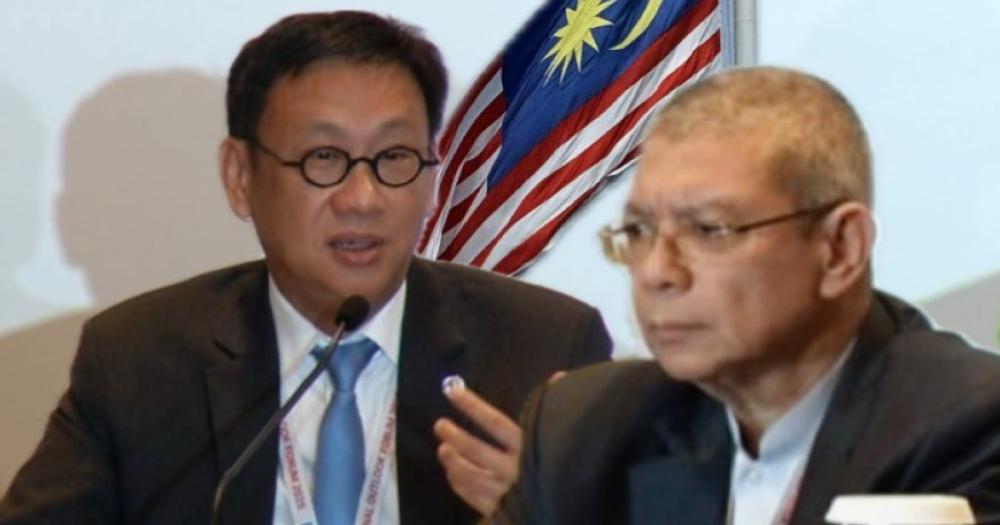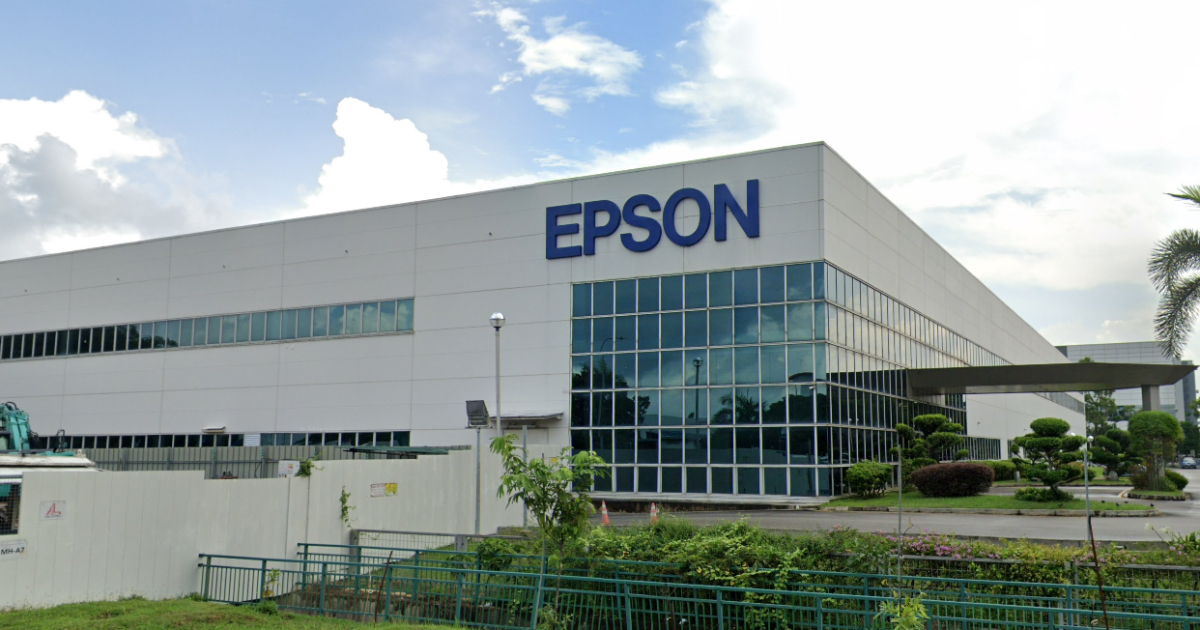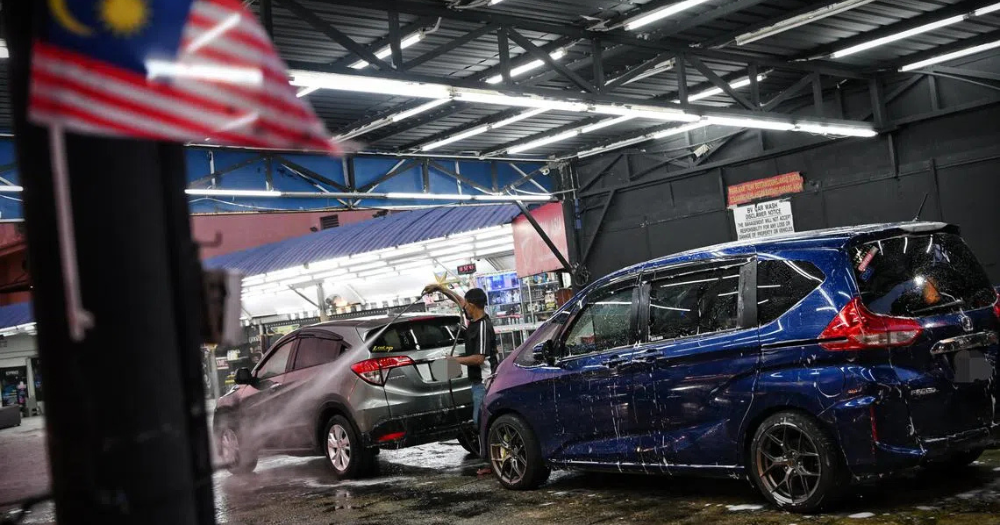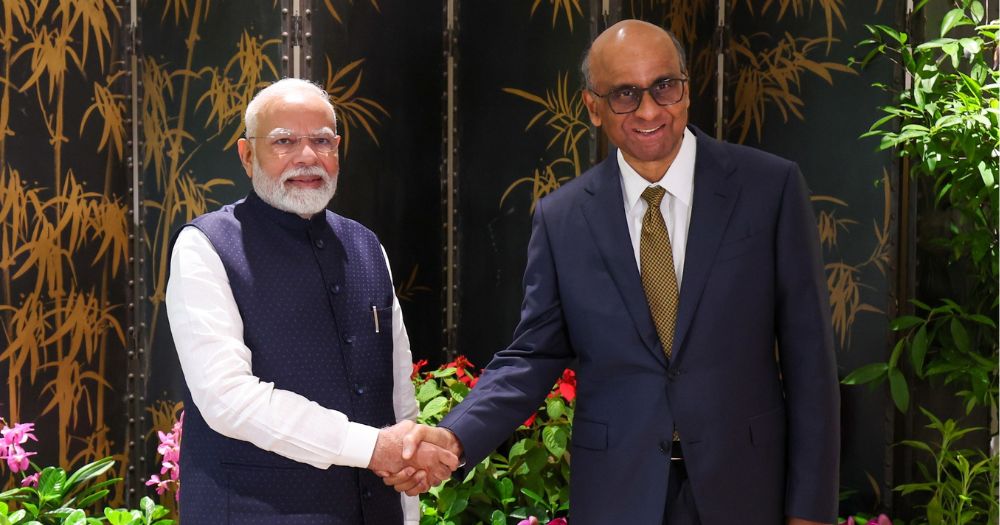Anwar's govt at mid-point: 2 M'sian MPs offer differing takes on the current administration's success
Is Anwar safe until next election? Or will he be ousted before that?

On Jan. 9, the annual ISEAS-Yusof Ishak Institute held its annual Regional Outlook Forum (ROF), the curtain raiser for the year, to give insight on the Southeast Asian region.
The first nation-specific panel of the day focused on the Madani government of Anwar Ibrahim, its main challenges for 2025, its failings, and its likelihood of seeing out its term.
Front-to-back bench
In a room that held at least four present and former Malaysian MPs, the two MPs that headlined the panel differed significantly, both in background and in outlook.
The first speaker was Wong Chen, MP for Subang in Selangor, just outside of Kuala Lumpur.
Wong is a backbench MP from the Democratic Action Party (DAP), a member of the governing Pakatan Harapan (PH) coalition, and in that role, chair of the Parliamentary Special Select Committee on International Relations and Trade.
His fellow panel member was Saifuddin Abdullah, MP for Indera Mahkota in Pahang, and a former foreign minister under Ismail Sabri Yaakob.
Saifuddin has shifted parties twice in his political career, starting out as an UMNO MP, before moving to Anwar Ibrahim’s Keadilan (PKR), and then defecting to Bersatu during the infamous "Sheraton move” in 2020.
A focus on the economy
Wong painted a picture of a stable and secure Madani government, the name given to Anwar Ibrahim’s incumbent government.
Wong said Malaysian voters were now tired of the politicking that had dominated the better part of the past decade and were instead focused on economic issues.
To this, he said the Malaysian government was well on its way to providing the economic results it promised, and the economic results that would secure its political future.
Malaysia’s growth is projected by the International Monetary Fund (IMF) to hit 4.8 per cent in 2025, which Wong said is the macroeconomic results of government policies.
The government’s ultimate long-term success and short-term survival were predicated more on delivering positive economic results for Malaysians, he added.
The other Jan. 6 rally
But this was not to say that there were no challenges in terms of government stability.
Wong admitted that the recent Jan. 6 rally to support former Prime Minister Najib Razak caused consternation, as BN parties considered joining, and might have caused a fissure.
But they ultimately decided against attending, leaving Parti Islam se-Malaysia (PAS) to be the main force supporting Najib’s bid to serve the rest of his corruption sentence at home.
PAS, Wong noted, only had “two to three thousand supporters”, whereas in the past, when they were still allied with the DAP under PH, PAS had been able to “easily” muster ten thousand supporters to take to the streets.
Wong now believed that the opportunity to bring down the government had likely passed until the end of the term, due in 2027.
Opposition parties would likely focus their energies on winning a future general election, rather than potentially face public recrimination for subjecting the country to more chaos by ousting the sitting government, he said.
Realistic reformasi
Wong accepted that more work needed to be done for meaningful reform.
He noted that while the government had a stable two-thirds majority, PH only held just over half the seats.
This meant that while administrative reform was possible, legislative reform would be tricky, although not entirely impossible.
Wong made a point on the cost of recklessly or relentlessly pursuing the reform agenda, that pushing too hard for it where partners did not naturally agree was dangerous, and might cause fatigue, embarrassment, or even government collapse.
He urged supporters to be realistic in their expectations.
If 20 promises had been made, supporters might reasonably expect five to be completed by the end of the term, maybe even 10, if circumstances prevailed, he added.
But for all 20 to be fulfilled would be out of the question.
Beginning of the last chance
Saiffuddin for his part was scathing about the Madani government, and of his once ally and party leader Anwar Ibrahim.
He said Anwar was obsessed with becoming the “best prime minister”, and not satisfied with simply being prime minister.
This, he implied, distracted Anwar.
Saiffudin also tried to cast doubt on the suggestion that the government was stable, suggesting that the Jan. 6 rally was not the “last chance” to oust Anwar’s government, but the “beginning of the last chance”, although he accepted that time was running out while not closing the book on fresh attempts.
He also highlighted the political danger that constantly faced the Madani government, relating a story from when he was PH’s chief secretary.
In 2018, he said he was worried about the government’s viability during PH’s first stint in government as it only commanded the support of about 35 per cent of the Malay vote.
He said he had questioned how viable it was to only command just over one-third of the support of the largest individual grouping within Malaysia.
But now, the Madani government only held the support of 10 per cent of Malaysia’s Malay vote, while the opposition Perikatan Nasional was supported by 90 per cent.
This observation, he insisted, was not “racial politics”.
He said: “It’s just pure mathematics".
Promised action?
But perhaps the most stinging critique he made about Anwar’s government were the ones he made about Anwar’s reforms, or lack thereof.
Saifuddin suggested that there was a distinct lack of urgency for basic reforms, such as to the Parliamentary Services Act.
Not only were the reforms not being passed, but even the discussions were not prevalent.
He then went on to question whether Anwar was able or willing to keep to his word, contrasting the “promises to actions on the promises”.
He listed a range of topics, such as the failure to lower the price of diesel, increasing the electricity tariff, and failure to remove tolls.
Where is Anwar the reformer?
Saifuddin cut into Anwar’s reformist credentials, attacking the recently mooted Communications and Multimedia Act as a bill that none would expect from a “reformist prime minister”, and that restrictions on discussing “3R issues”, that of race, religion, and royalty, were stronger now than ever before.
He accused Anwar of being “full of vengeance", citing the Royal Commission of Inquiry investigation into Mahathir Mohammad, Anwar’s predecessor and former mentor, who ultimately sent him to jail, as well as the corruption investigations of the late Daim Zainuddin.
Saiffudin asked: “So the question is, where is Anwar the reformer? And where is Anwar the Muslim democrat?”
Ballers
The two men, coming from very different parts of the Malaysian political spectrum, one DAP and the other PN, one backbench and the other very much frontbench, presented very different outlooks and prospects for the future of Malaysia.
But perhaps it was remarkable that the conversation, while pointed, remained amicable throughout.
Saifuddin humorously presented a suggestion as to why this was so.
Members of the DAP, PAS, Bersatu, and even some UMNO members, had more in common than met the eye, Saifuddin noted.
He also highlighted that former UMNO bigwig and health minister Khairy Jammaludin was in the audience, as he is an ISEAS senior fellow.
It is well-known that they were all, in their own way, reformists in the Malaysian political spectrum, albeit not always for the same reforms, and they were all one-time compatriots in some form or another, if briefly.
But what was less known was that they all played basketball together in the parliamentary team.
With a sly smile, Saiffudin quipped: “You (ISEAS) did your homework, so you don’t have (a) shouting match here.”
Related stories
Top image via ISEAS
MORE STORIES





















